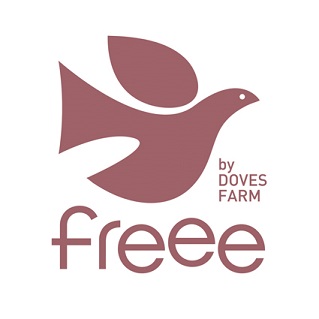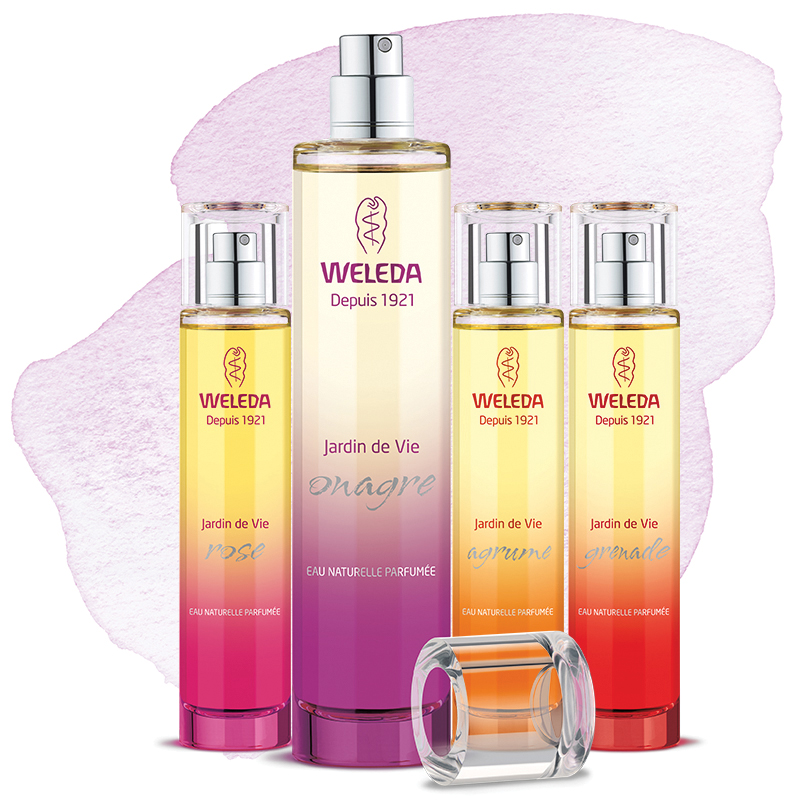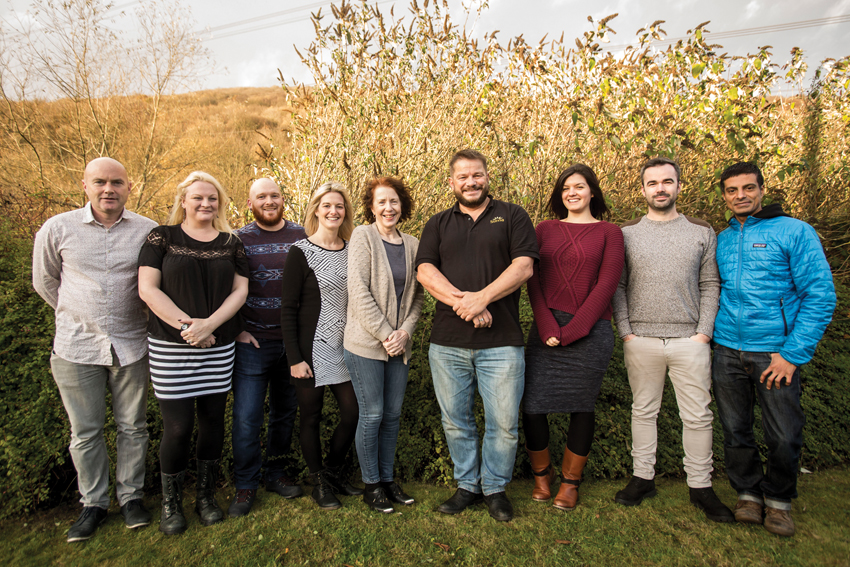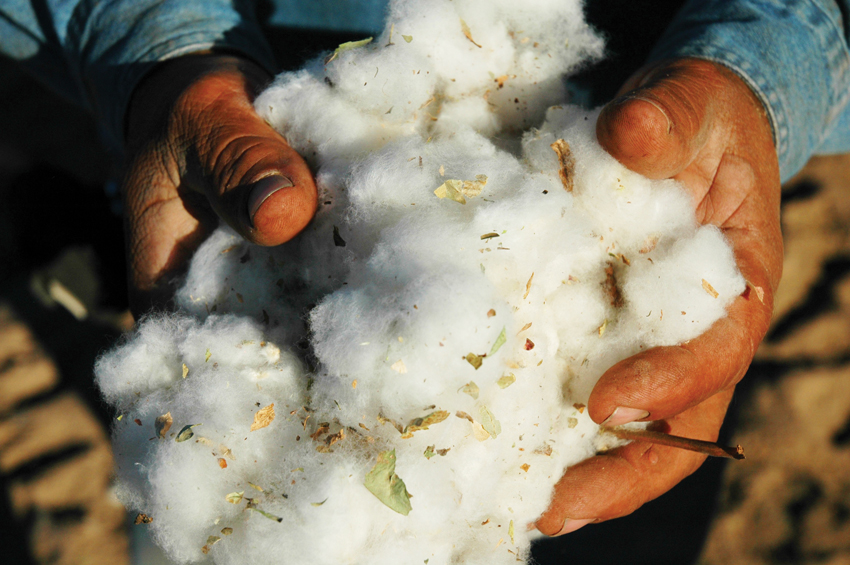Posted by admin on July 3, 2017 · Leave a Comment

A series of workshops are to take place to help food manufacturers with reformulation to make products healthier.
Following recent research by IGD revealing over two thirds (70 per cent) of UK shoppers are happy for food manufacturers to change the recipe of products to make them healthier, providing the products are still as tasty, the organisation has announced the launch of a series of free pop-up workshops to help the food and grocery industry tackle reformulation.
The free workshops are designed to help, inspire and guide companies in their reformulation journey. With a varied speaker line-up and attendees, the workshops are suitable for manufacturers, and caterers across all categories within the food industry, including small businesses.
Jon Woolven, Strategy and Innovation Director at IGD, explained: “The race is on for food companies to make their products healthier. Nearly two thirds have told us they have started their reformulation journey but still have work to do. Some 83 per cent said they have received positive feedback from their customers about reformulation, suggesting the benefits outweigh the risks.
“We want to help other companies who are perhaps concerned about the impact of reformulating or just do not know where to start their journey. The big question is how do you reformulate products while still keeping the same delicious taste?”
Each workshop is co-hosted by a well-known retailer, where they will present on their own reformulation activity. Find out more at www.info.igd.com
Posted by admin on July 3, 2017 · Leave a Comment

Doves Farm has revealed the results of its £3m rebranding.
The gluten free food producer has unveiled FREEE by Doves Farm, the new home of its free from range.
FREEE by Doves Farm offers consumers a clear distinction between the two core pillars of the business; the traditional organic, wheat containing products, and the gluten free and free from range under the new brand name FREEE. Each area of the business has its own dedicated staff and separate production facilities.
While the products have not been re-formulated, the introduction of FREEE by Doves Farm incorporates a new brand name and logo, which conveys the feeling of freedom to choose natural food without worrying about allergens, such as gluten. Alongside this will sit a brand new website.
Commenting on the launch, co-founder of Doves Farm, Clare Marriage, said: “We felt it was time to clearly define the two pillars of our business and invest in giving our free from range its own home. Our new logo incorporates an additional bouncing ‘e’ in FREEE that offers a sense of feeling free again.
“FREEE by Doves Farm believes in choosing naturally gluten free raw materials, for example, we would never use HPMC (hydroxypropyl methylcellulose). We do this by offering great products that never compromise on taste and are all clearly labelled for the consumer.”
FREEE by Doves Farm features 65 products, including flour, pasta, breakfast cereals, cookies and flapjacks, with two new products added to the range; Gluten Free White Bread Mix and Gluten Free Pizza Base Mix.
Posted by admin on July 3, 2017 · Leave a Comment

Weleda’s Jardin de Vie fragrances have scooped a top eco beauty award.
The 2017 CEW Beauty Awards – considered the Oscars of the beauty industry – saw Weleda win one of the prestigious Lalique trophies at the awards presentation, scooping the CEW Eco Beauty Award for its Jardin de Vie (Garden of Life) collection.
The objective of the CEW Eco Award is to encourage steps towards greater sustainability within the beauty industry.
Weleda’s Communications Director, Susie Fairgrieve, commented: “We are absolutely thrilled. Sustainability is at the heart of the Weleda business. It shapes not just new product development but each and every day-to-day decision within the business. It demands real commitment, and patience, as it takes time to develop organic farming partnerships, to raise crops, or to design more sustainable packaging.”
Posted by admin on July 3, 2017 · Leave a Comment

The worker’s co-operative, Suma, has been awarded the prestigious Queen’s Award for Enterprise in the International Trade category.
The Queen’s Awards are amongst the most prestigious awards in the UK, designed to celebrate outstanding achievements in business.
And as its marks 40 years in business in 2017, Suma has been recognised for strong, continued growth in international sales, as well as its co-operative ethos and great employment benefits, such as equal pay for all workers and flexible working.
Suma, an ethical wholefood wholesaler located near Halifax, in West Yorkshire, serves both the UK and export market with a range that extends to more than 7,000 lines of ambient, chilled and frozen goods. With a growing workforce of more than 250 people, the business contributes to local employment in the Calderdale area and brings many benefits to the local economy, such as providing £2,500 worth of food to support the victims of the Boxing Day floods that struck the area on Boxing Day 2015.
Stephen Newton, a member of Suma’s International Sales Team, commented: “We’re really thrilled at the amazing growth of our international sales, and that we can make delicious, ethical vegetarian food available to a wider audience. By winning this award, we’re proud to prove that our local business can hold its own against the big players in international trade.”
Posted by admin on July 3, 2017 · Leave a Comment

A new study has revealed that millions of farmers are not earning enough from conventional cotton farming.
That is according to the Fairtrade Foundation, which has revealed the results of new research, which was designed to provide fashion brands with a useful tool to improve the transparency of cotton sourcing and deepen understanding of their social and environmental responsibilities.
Following the research, the Fairtrade Foundation warned that unless cotton is farmed sustainably, its production leaves a heavy environmental and social toll, which will affect its long-term viability.
The study measured the environmental and social impacts on rural households in India, one of the world’s largest producers of cotton. The valuation tool translates environmental and social values into the language of business and economics. It converts impacts and dependencies into costs and benefits expressed in monetary terms. With an overall indication of cost and benefit, companies can identify trade-offs and synergies in a systematic way.
It found that the combined social and environmental costs of Fairtrade cotton farming are five times lower than that of conventional cotton farming. Data showed that the impacts of Fairtrade farming methods were 97 per cent lower for the social elements and 31 per cent lower for environmental components studied.
The most significant social advantage for Fairtrade farmers was having more income. The research compared community benefits from Fairtrade Premiums, fair wages, income for farmers, engagement of unacceptable labour practices, such as child labour and social cost of overtime. It revealed that Fairtrade cotton farmers tend to have lower social costs, and higher social benefits such as fairer wages and investment in local schools.
Fairtrade cotton performed significantly better than conventional for all environmental KPIs cotton. Areas surveyed included land use, water pollutants, water use, GHG emissions and soil pollutants.
Subindu Garkhel, Cotton Manager at the Fairtrade Foundation, said: “Cotton is an integral part of our lives, from the sheets on our beds to the identity we project through the clothes we wear. Not only that, but cotton also provides livelihoods for millions across the globe. But there is a strong cost for people and planet with cultivating the cotton that goes into our clothes, and our study shows that is markedly higher for conventional cotton farming.
“This research illustrates how Fairtrade empowers farmers to decide their own future, is better for their communities and has a substantially lower footprint than conventional cotton.”


 Organic & Natural Business magazine
Organic & Natural Business magazine




